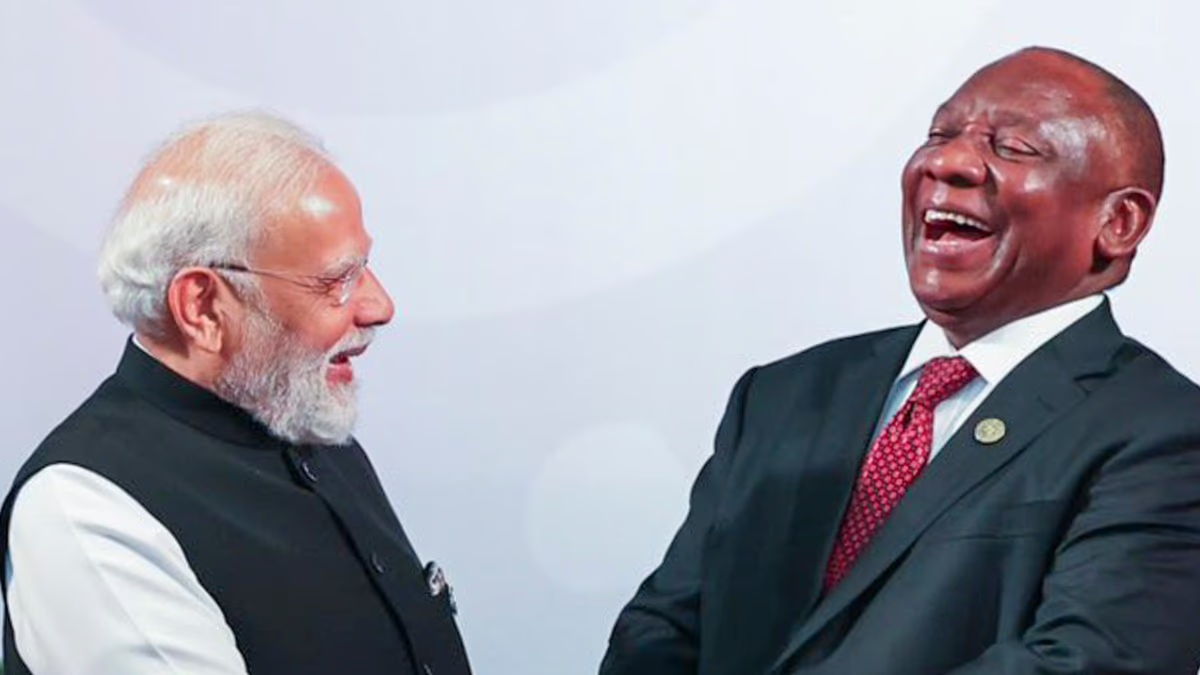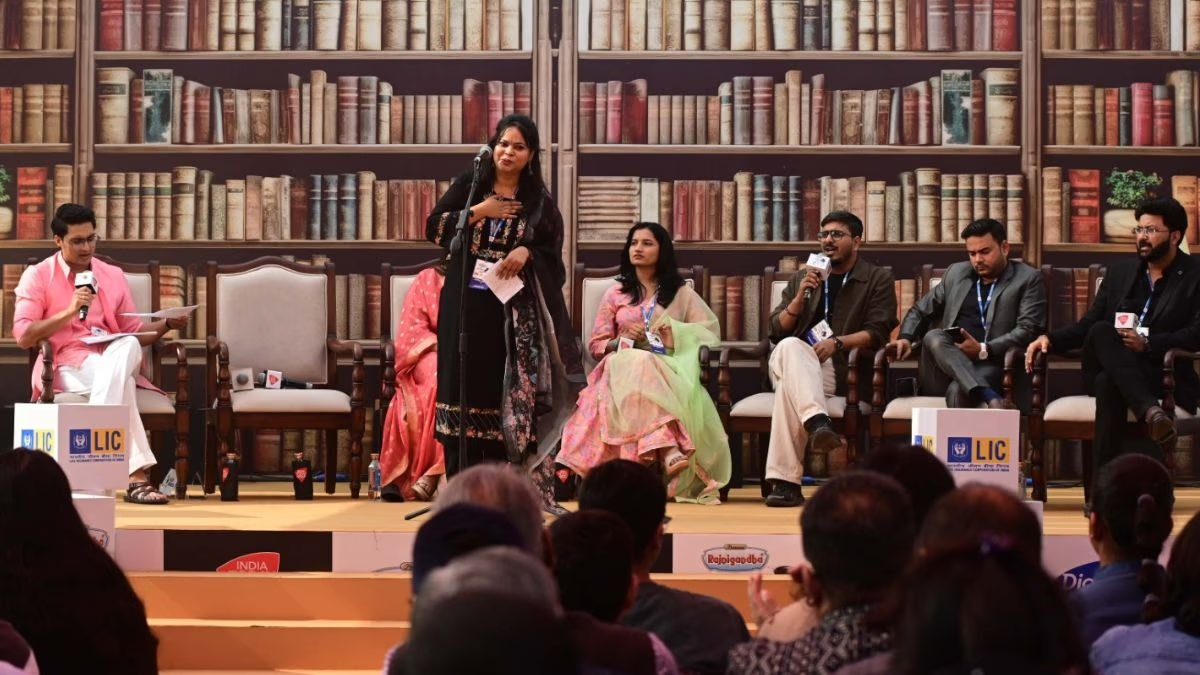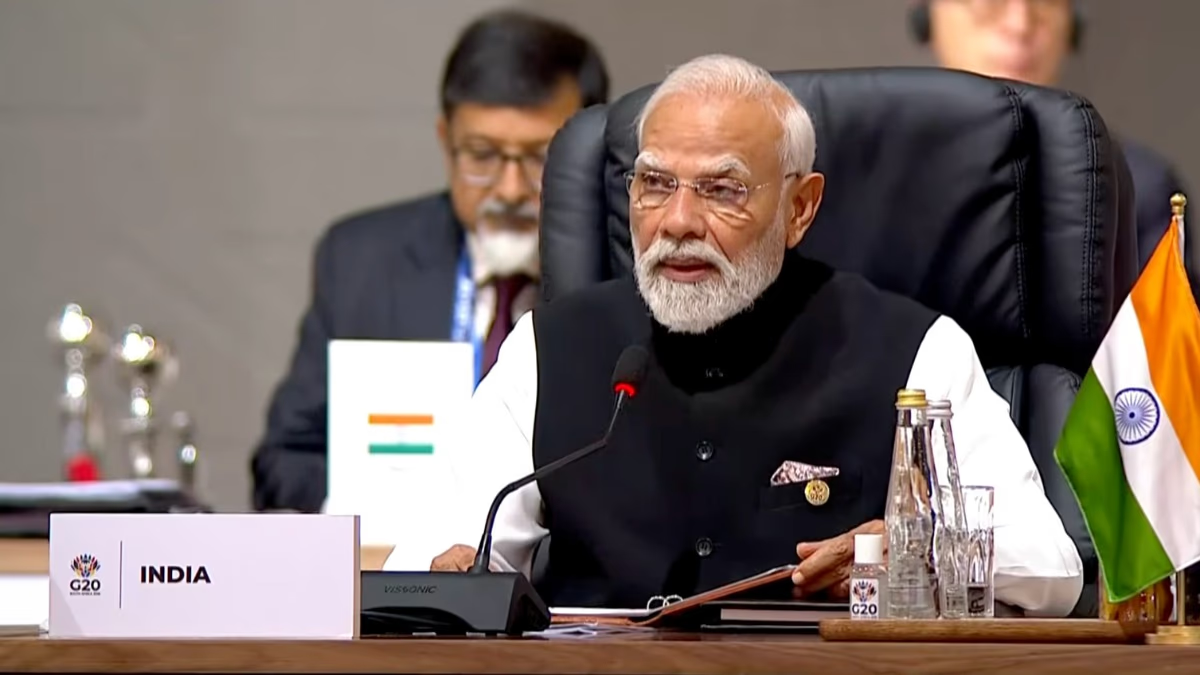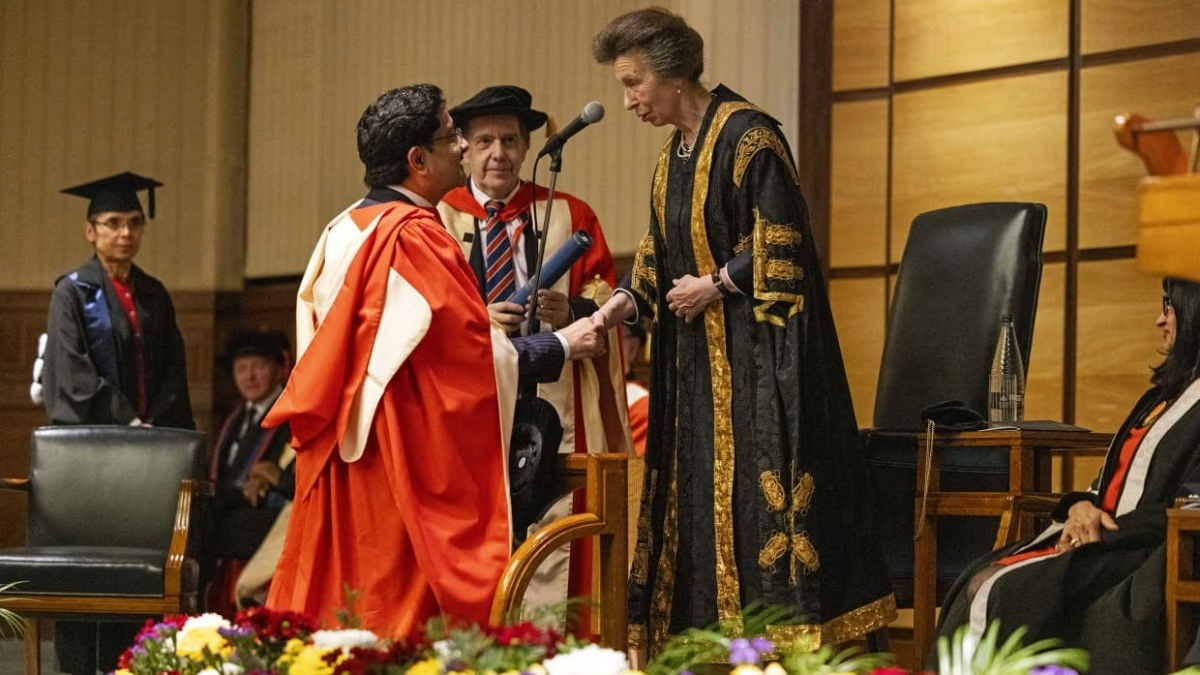The first day of the G20 summit held in Johannesburg, South Africa, commenced on Saturday. This year's summit is based on the theme of "Solidarity, Equality, and Stability." On Friday evening, Prime Minister Narendra Modi arrived in Johannesburg for a three-day visit, although the official events began on Saturday.
Let's explore what transpired on the first day of the G20 Summit.
The formal inauguration of the G20 Summit took place on Saturday morning at the Nasrec Expo Centre in Johannesburg, welcoming notable global leaders. South African President Cyril Ramaphosa warmly greeted Prime Minister Narendra Modi, who expressed gratitude to President Ramaphosa for hosting such a significant summit.
Early Approval of the Declaration
Typically, the G20's joint declaration, which outlines the consensus reached during the summit, is approved at the end. However, this year, breaking tradition, it was approved at the start. This occurred after the United States boycotted the meeting, as President Donald Trump was dissatisfied with South Africa's hosting, alleging discrimination against white people there. Despite this, the other G20 nations proceeded with the declaration.
In his opening speech, President Ramaphosa noted robust agreement and consensus among countries on the declaration. He stated that it sends a message to the world that a cooperative global order (multilateral system) is effective and yields results.
Prime Minister Modi's Address and Proposals
The first session was themed – "Inclusive and Sustainable Economic Growth – No One Left Behind.” In this session, Prime Minister Modi delivered an extensive address. He emphasized that it is a momentous occasion as the African continent hosts the G20 for the first time.
Prime Minister Modi conveyed that for decades, the G20 has guided the world's finance and economic development. However, the development parameters developed so far have kept large populations from accessing resources, and there has been an excessive exploitation of nature.
He stated that Africa, in particular, has faced significant detriments due to these policies. Now that Africa is hosting the G20 for the first time, it is the ideal time to reevaluate the metrics of development. He proposed that ancient Indian values, especially the principle of 'Integral Humanism,' can guide future paths.
Also Read:
What are the Four Major Initiatives?
In his speech, Prime Minister Modi proposed four major global initiatives, each with a clear purpose.
1. Global Traditional Knowledge Repository
Prime Minister Modi expressed that various communities worldwide still maintain their ancient, balanced, and eco-friendly lifestyles. He suggested establishing a “Global Traditional Knowledge Repository” under the G20. India's “Indian Knowledge Systems” initiative can serve as the foundation for this effort. This platform will assist in aggregating humanity's collective wisdom in one place, making it accessible for future generations.
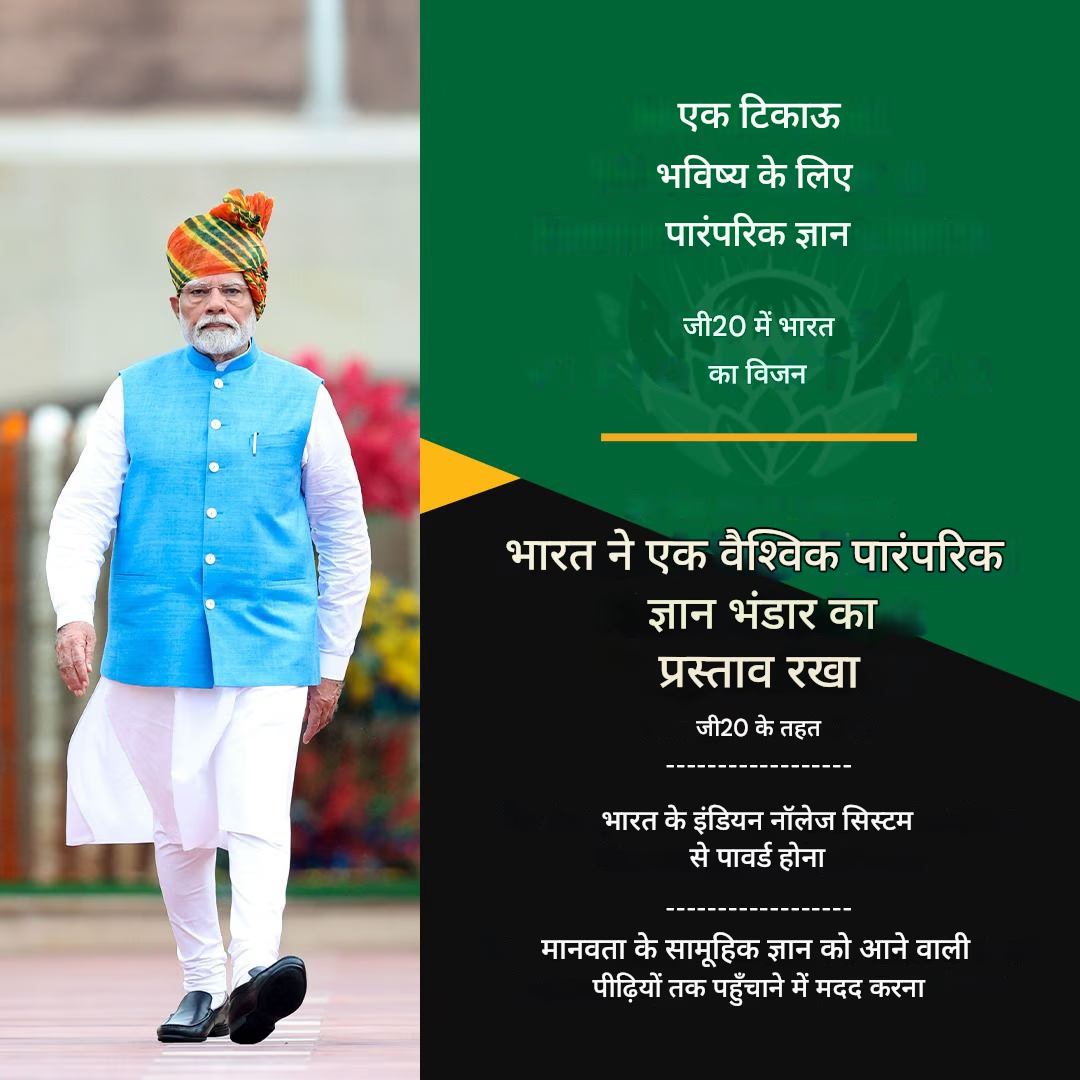
Source: aajtak
2. G20–Africa Skills Multiplier Initiative
Prime Minister Modi highlighted that Africa's development and empowering its youth is in the interest of the entire world. He proposed the “G20–Africa Skills Multiplier Initiative.” This initiative could work on the “train-the-trainers” model, where trainers are initially prepared, followed by training millions of youth. The goal set is to prepare 1 million certified trainers in Africa over the next decade, who in turn will impart skills to millions of youths.
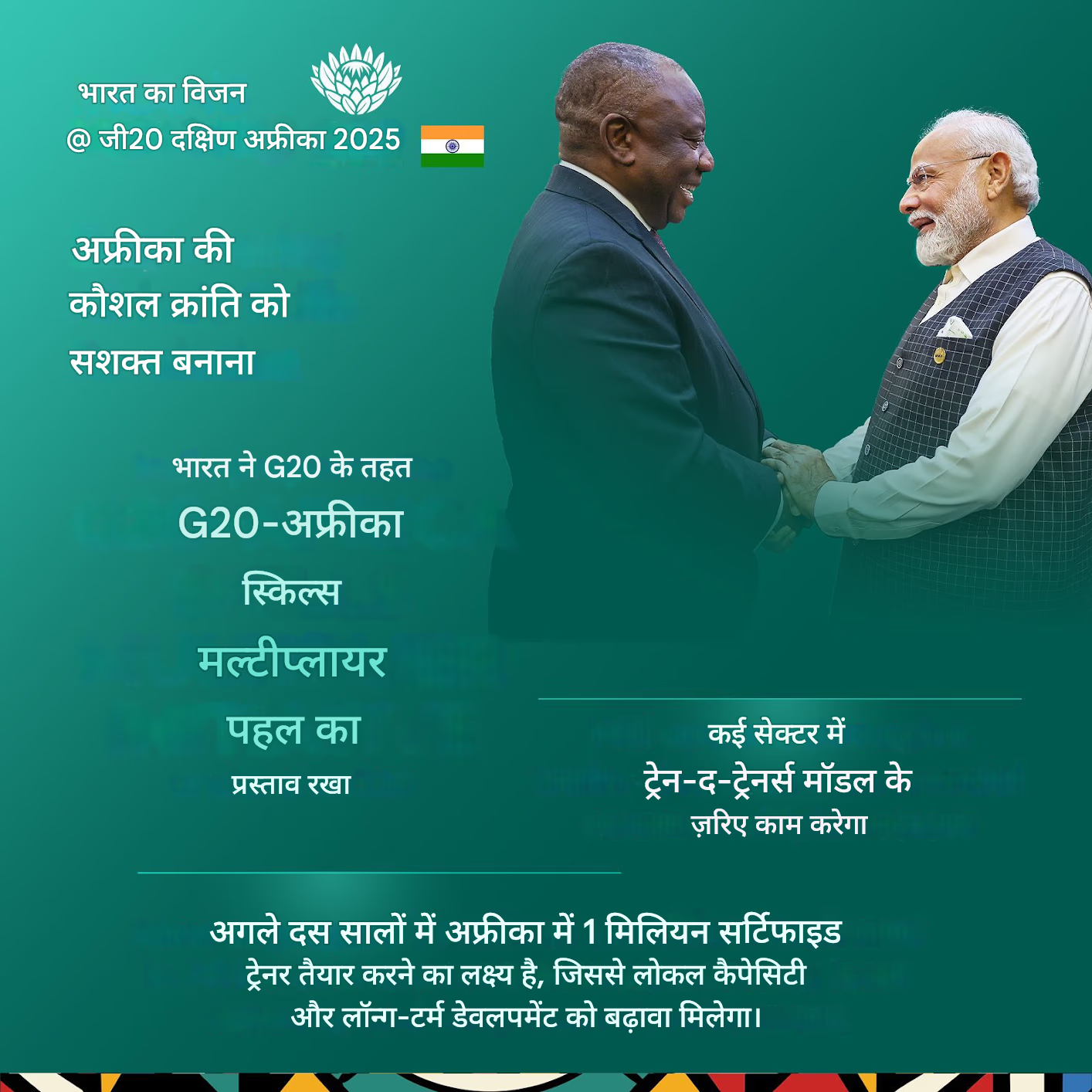
Source: aajtak
Prime Minister Modi proudly recalled that during India's G20 presidency, the African Union was made a permanent member of the G20, and this initiative builds on that spirit of unity.
3. G20 Global Healthcare Response Team
Prime Minister Modi stated that managing health emergencies (like pandemics) and natural disasters is a shared responsibility. He proposed the formation of a “G20 Global Healthcare Response Team.” This team would consist of trained doctors and medical experts from G20 countries who can be deployed immediately during any significant health crisis or natural disaster.
4. G20 Initiative on Countering the Drug–Terror Nexus
The Prime Minister pointed out the growing menace of drug trafficking, specifically stressing concerns over dangerous drugs like fentanyl. He highlighted that this is not only a public health issue but also a challenge to social stability and global security.
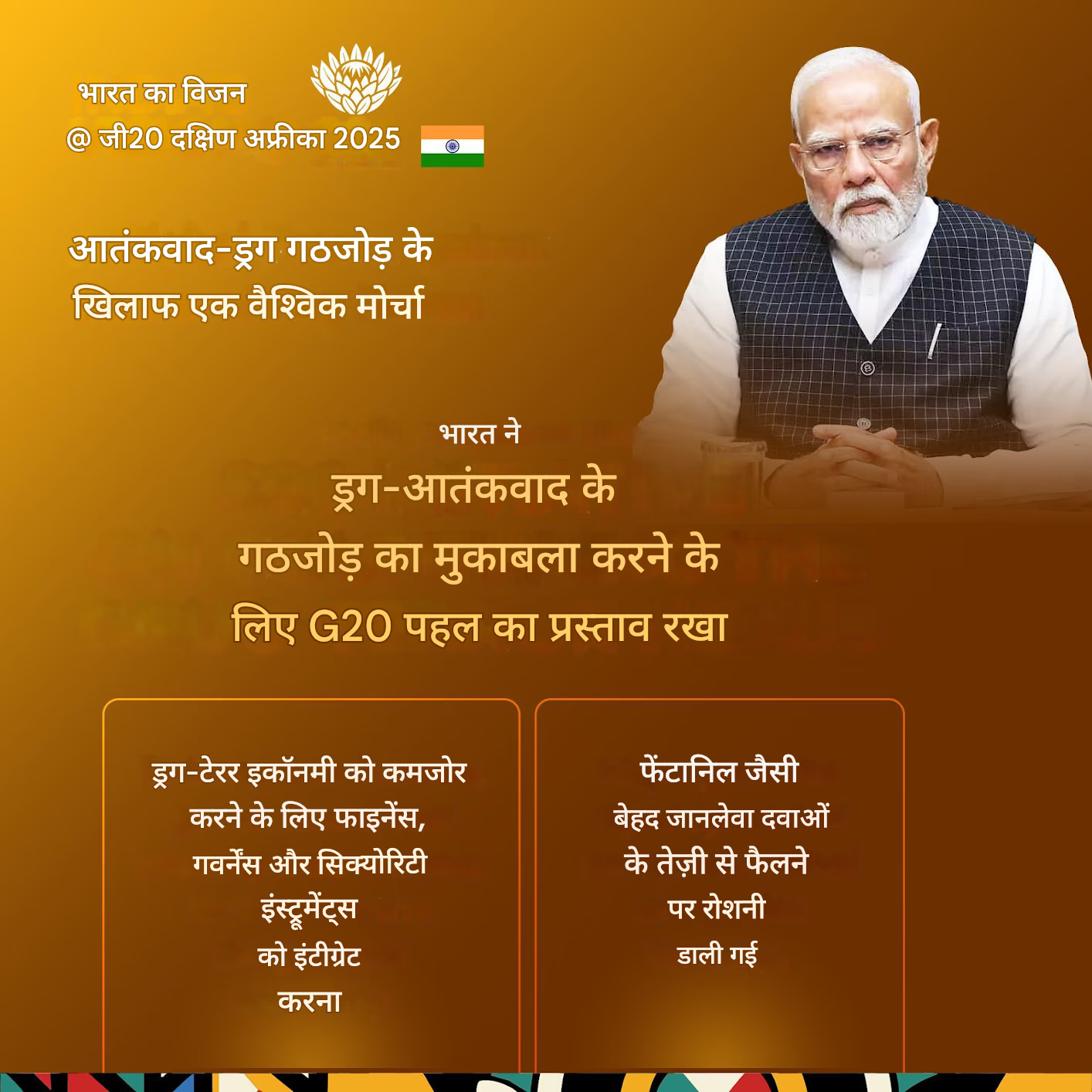
Source: aajtak
Furthermore, it serves as a substantial financing source for terrorism. In response, Prime Minister Modi proposed the “G20 Initiative on Countering the Drug–Terror Nexus.” He noted that various financial, governance, and security tools could come together on a single platform to undermine this drug–terror economy.
Prime Minister Modi's Meetings: Who Did He Talk To?
During the summit, Prime Minister Modi interacted with several major world leaders. These meetings covered bilateral relations, technology, security, trade, and global issues.
Australia-Canada-India Trilateral Meeting
Prime Minister Modi held a trilateral meeting with the Australian Prime Minister Anthony Albanese and Canadian Prime Minister Mark Carney. Here, the “Australia-Canada-India Technology and Innovation (ACITI) Partnership” was announced.
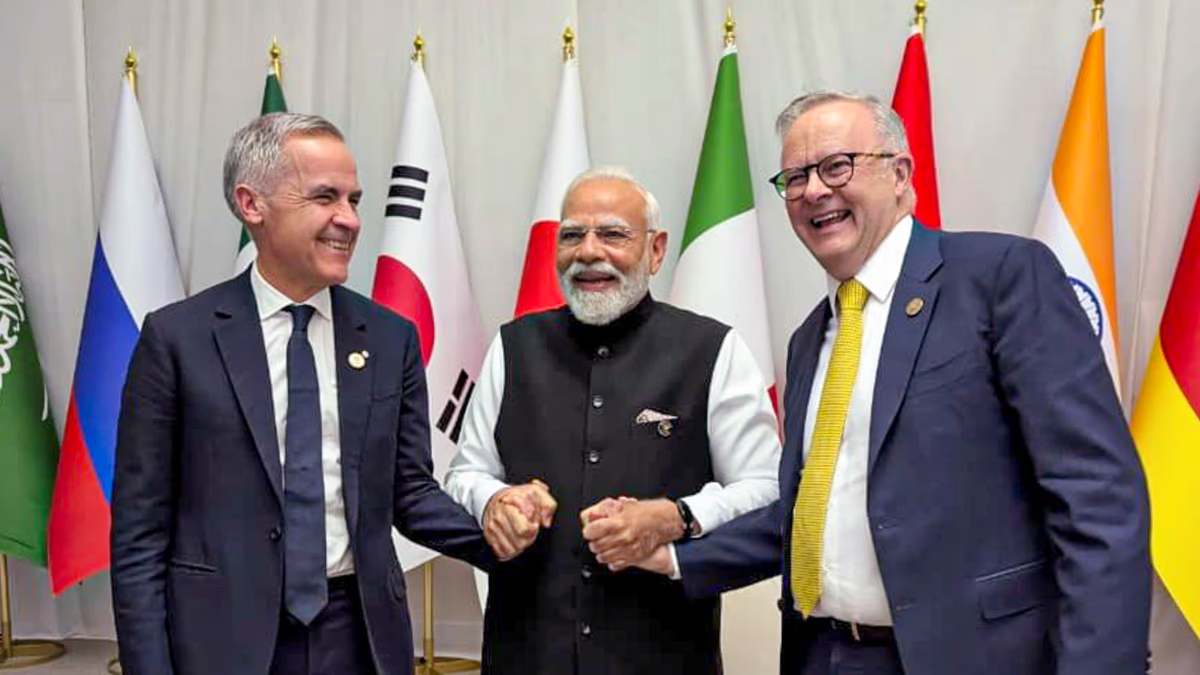
Source: aajtak
Prime Minister Modi articulated that these democratic partners, spread over three continents and oceans, would collaborate deeply in fields like new technology, supply chain diversification, clean energy, and AI utilization.
Australian PM Anthony Albanese
Prime Minister Modi also had a separate bilateral meeting with Albanese, reviewing their “comprehensive strategic partnership.” Albanese condemned the recent terrorist attacks in India and expressed condolences for the victim's families.
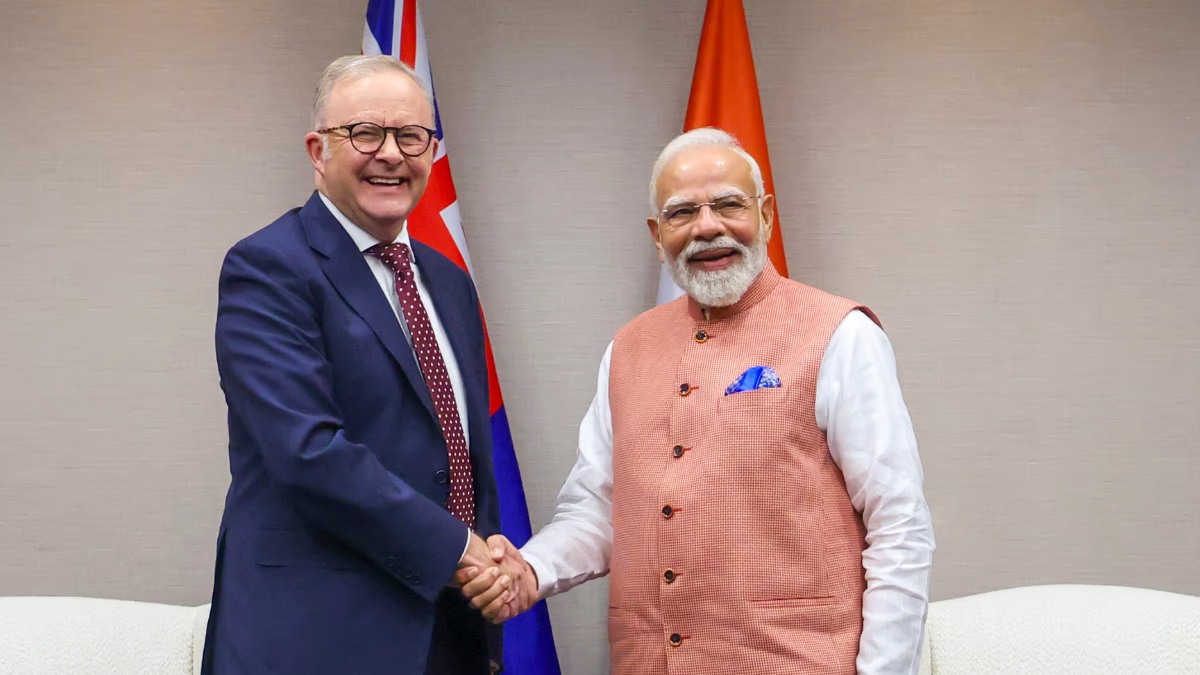
Source: aajtak
The leaders discussed bolstering cooperation in defense, security, nuclear energy, trade, investment, mobility, and education.
UK PM Keir Starmer
Prime Minister Modi also met with British Prime Minister Keir Starmer, stating it was great to meet him in Johannesburg. He noted that this year has infused new energy into the India-UK partnership, and both countries continue to work on advancing ties in various sectors.
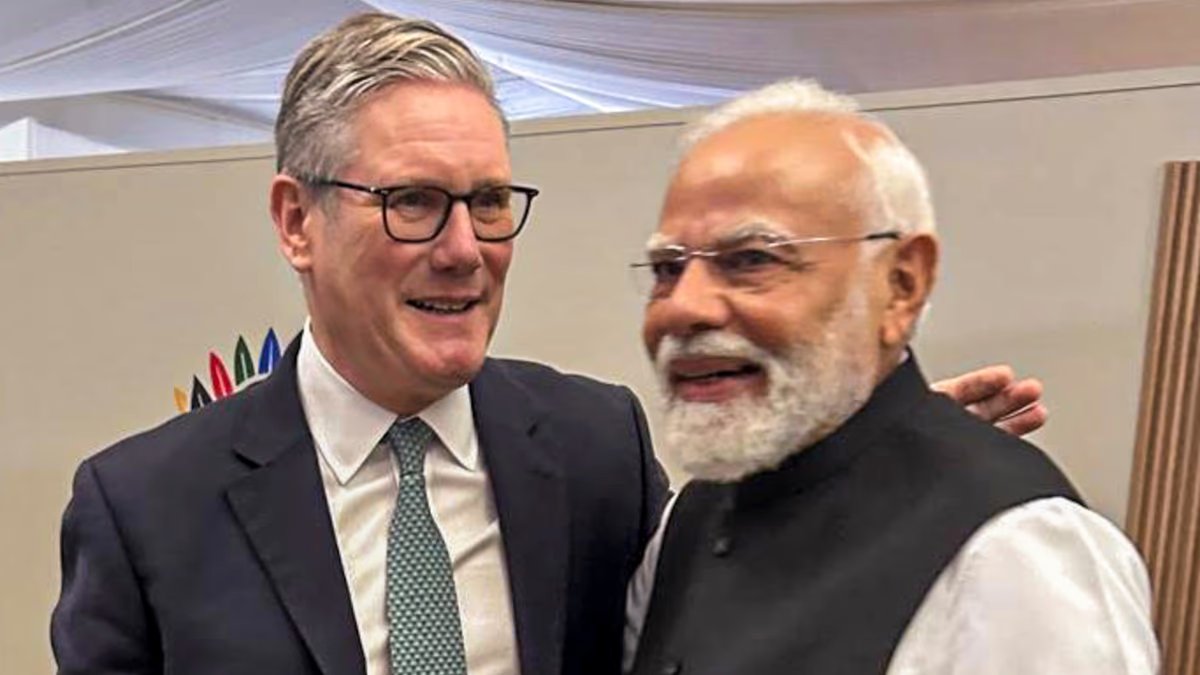
Source: aajtak
French President Emmanuel Macron
Prime Minister Modi also had a separate meeting with French President Emmanuel Macron, describing it as an immensely positive conversation. He said the India-France relationship continues to be a formidable force for global welfare. The leaders discussed efforts to end the Ukraine conflict, bilateral cooperation, and the upcoming “AI Impact Summit” in India slated for February 2026.
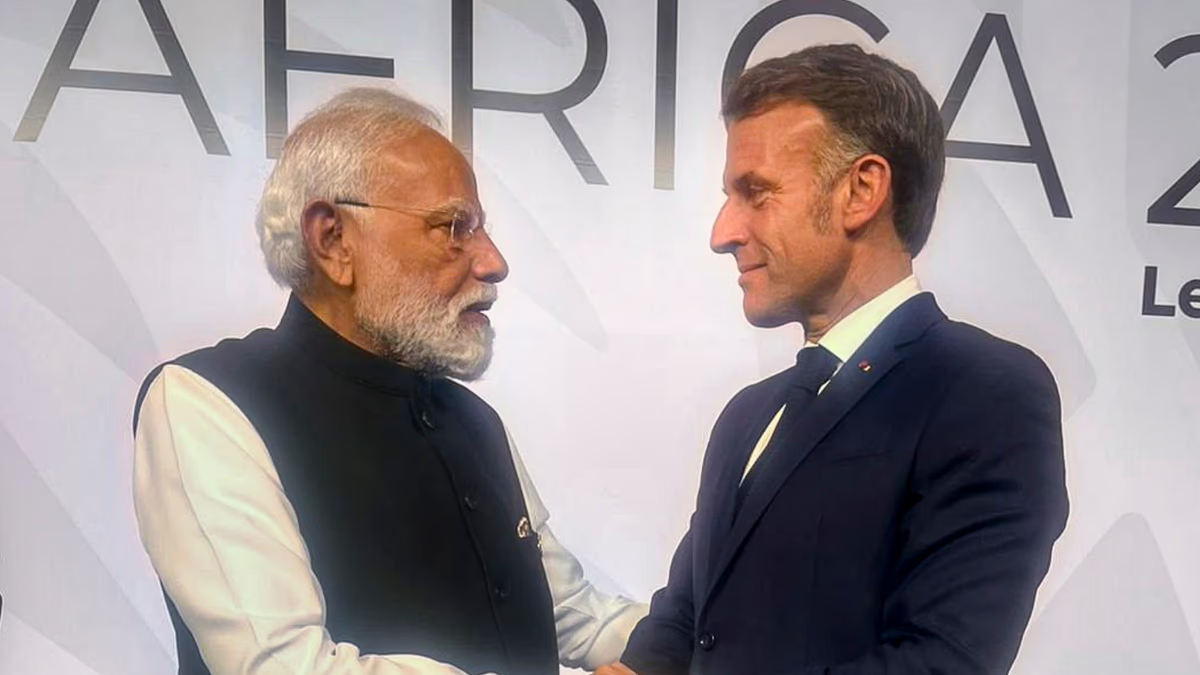
Source: aajtak
South Korean President Lee Jae-myung
Prime Minister Modi met with South Korean President Lee Jae-myung. This year marks their second meeting, highlighting the swift momentum in the “Special Strategic Partnership” between India and South Korea.
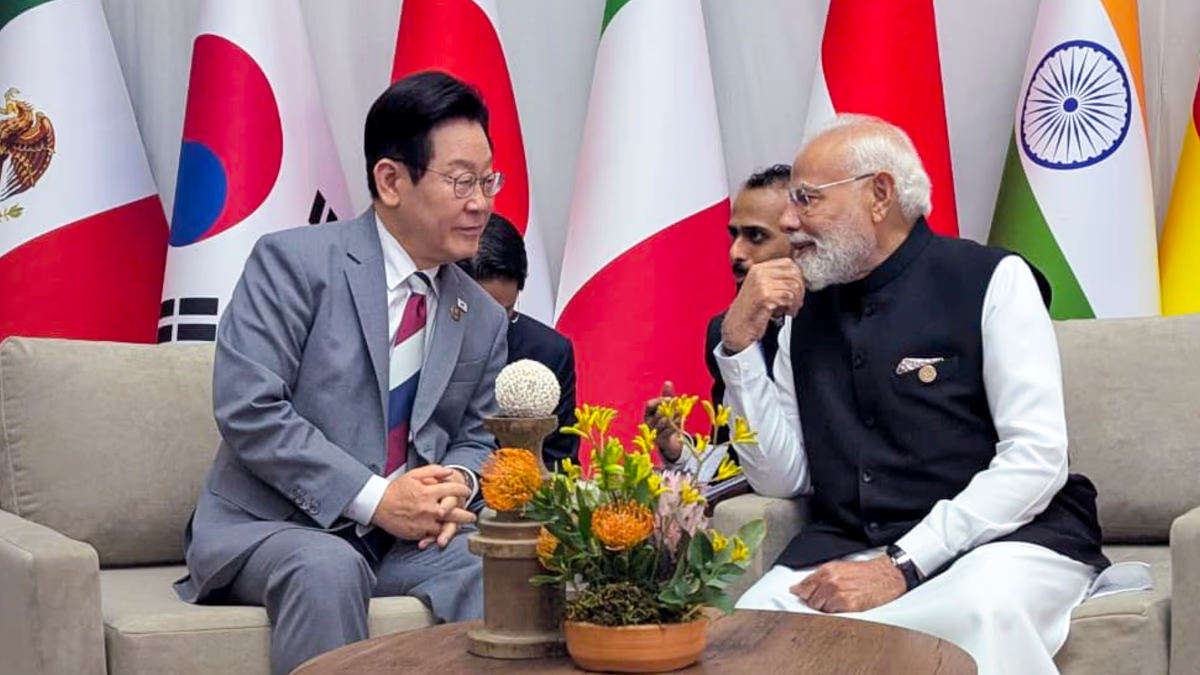
Source: aajtak
Prime Minister Modi shared that both leaders expressed their visions for deepening economic and investment relations. President Lee noted that approximately 550 Korean companies are operating in India today and emphasized the need to enhance cooperation in the economy, advanced technology, defense, and cultural exchange.
Brazilian President Luiz Inácio Lula da Silva
Prime Minister Modi had a meeting with Brazilian President Lula, expressing that it's always a pleasure to meet him. The leaders agreed to continue working together to strengthen trade and cultural ties for the benefit of their peoples.
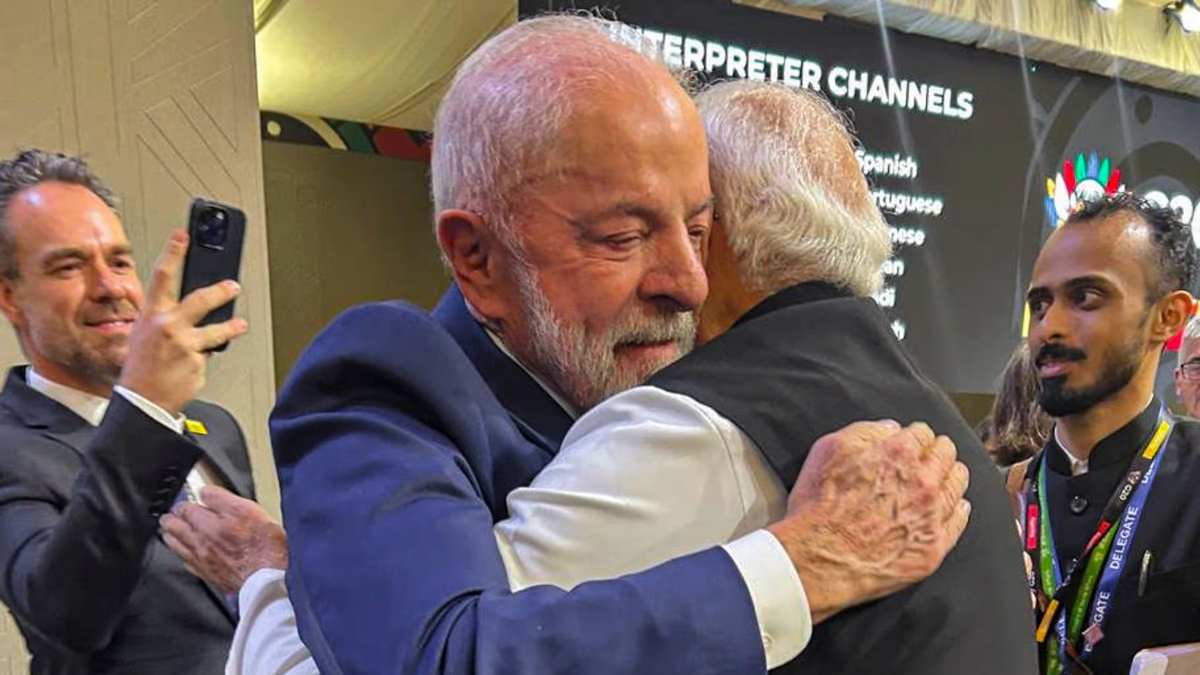
Source: aajtak
Malaysian PM Anwar Ibrahim
Prime Minister Modi also met with Malaysian Prime Minister Anwar Ibrahim, which he described as a “very good idea exchange.” Prime Minister Modi emphasized that India and Malaysia would continue to diversify and deepen their bilateral cooperation.
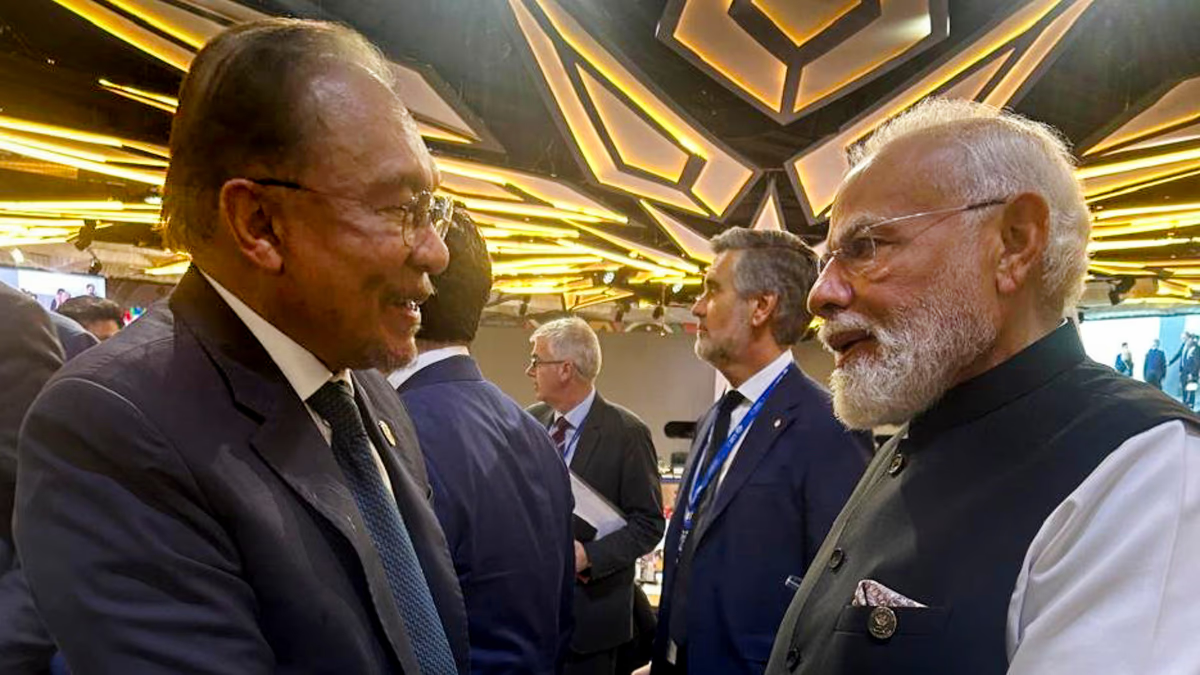
Source: aajtak
UN Secretary-General Antonio Guterres
Prime Minister Modi met with UN Secretary-General Antonio Guterres, describing it as a "very productive" discussion. The conversation revolved around global issues, particularly multilateral systems and international cooperation.
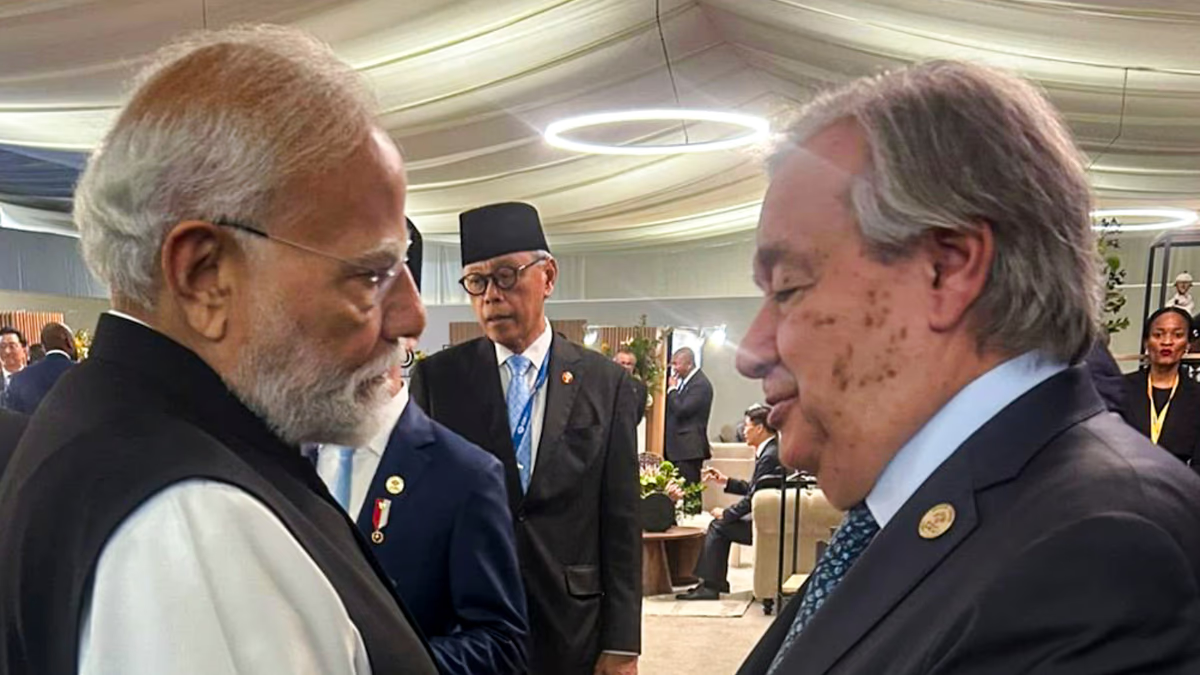
Source: aajtak
Other Leaders
Prime Minister Modi also met with several other leaders, including Italian Prime Minister Giorgia Meloni. All these meetings presented India as a responsible, active, and solution-oriented nation.
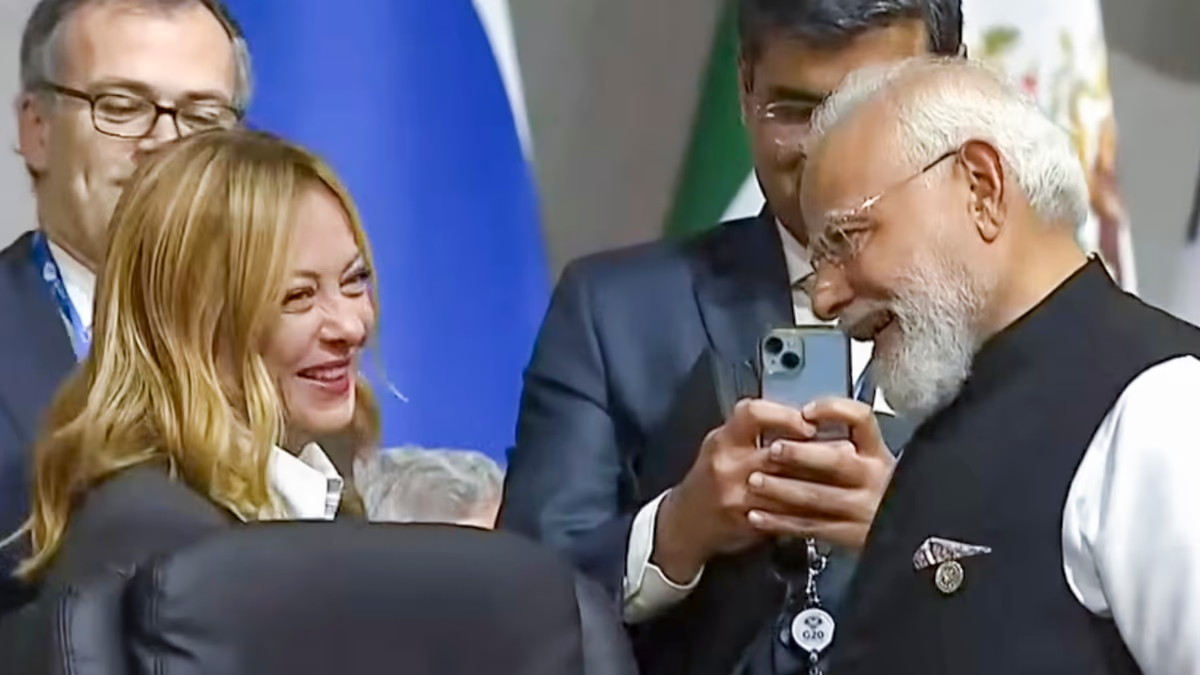
Source: aajtak
What Was Decided in the G20 Declaration?
Notably, this time the G20 leaders adopted the joint declaration right on the first day of the summit. The declaration presented a shared stance of countries on several critical global issues.
Strong Stance on Terrorism
The declaration unambiguously condemned all forms of terrorism. India ensured the inclusion of strong and clear language against terrorism, sending a message that the world won't take a lenient stance on this issue.
Peace in Conflict Zones
Leaders agreed to support efforts for “just, comprehensive, and sustainable peace” in conflict zones such as Sudan, Democratic Republic of Congo, occupied Palestinian territories, and Ukraine. This means not just stopping wars but fostering long-lasting peace.
Climate Change and Clean Energy
The declaration acknowledged the seriousness of climate change and supported efforts to triple the capacity of renewable energy. This stance contrasts with President Trump's views, who often questioned the role of human activities in global warming.
Debt and Finance for Poor Countries
The leaders expressed concern over the steep rise in interest payments on external debt of poor countries. They emphasized the need for sustainable finance and coordinated debt relief (debt relief), ensuring that poor countries' economies are not undermined.
Massive Funds for Climate Finance
The declaration recognized that climate finance needs to be elevated from billions to trillions of dollars. The estimated requirement for developing countries' needs before 2030 was set at 5.8–5.9 trillion dollars, indicating the enormous funds necessary to combat climate change and foster development.
Artificial Intelligence (AI)
The document reiterated that AI development should occur in a secure and trustworthy manner. This means technology should advance without compromising human security, privacy, or ethics.
Women's Empowerment
A significant achievement of India's G20 presidency was promoting “women-led development.” The declaration also supported women's empowerment and leadership roles, acknowledging that greater female participation in development propels society forward.
Disaster Resilience
One of South Africa's presidency priorities was strengthening disaster resilience. The declaration emphasized better disaster responsiveness and acknowledged the “Coalition for Disaster Resilient Infrastructure (CDRI)” initiated under India's presidency.
Role of Traditional Medicine
The declaration recognized the role of traditional and complementary medicine in the health sector. This aligns with the New Delhi summit's declaration, which also acknowledged the importance of traditional methods and systems.
IBSA Summit: A Platform for Three Democracies
Alongside G20 meetings, Prime Minister Modi participated in the sixth IBSA (India-Brazil-South Africa) leaders’ meeting. IBSA is a platform for three major democratic countries working through political coordination, tripartite cooperation, and the IBSA Fund. This platform especially runs projects on issues like food security and eradicating hunger, reaching out to the poor and vulnerable groups.
Three Major Sessions of G20
The summit witnessed a total of three main sessions addressing various themes, with Prime Minister Modi articulating India's perspective in all of them.
1. Inclusive and Sustainable Economic Growth – No One Left Behind
This session discussed creating an economy that benefits everyone, covering issues like the role of trade, finance for development, and the growing debt burden. The goal was to ensure that development reflects in people's lives, not just in statistics.
2. A Resilient World – Contribution of G20
The second session focused on “A Resilient World,” emphasizing disaster risk reduction, climate change, equitable energy transition, and food systems. The discussion centered on creating policies that ensure people are not left hungry and systems remain functional despite floods, droughts, wars, or market shocks.
3. A Fair and Just Future for All
The third session tackled issues like “critical minerals” (needed in large quantities for new technology), decent work, and artificial intelligence. The emphasis was on ensuring that technology and resources are equitably distributed and not concentrated in the hands of a few countries or companies.
By engaging in these sessions, Prime Minister Modi presented India's views and proposals, ensuring India's voice is clearly heard in global decisions.
U.S. Boycott and World's Response
Another significant highlight of this G20 summit was the U.S. boycott by President Donald Trump. He alleged discrimination against white people in South Africa, although this claim was largely dismissed. Despite this, the other G20 countries not only continued the meeting but also adopted the declaration and completed the summit successfully.
In this context, French President Macron stated that our responsibility is to be present and work together because the challenges we face are immense. He implied that resolving global challenges through unity is more critical than individual grievances or boycott.
